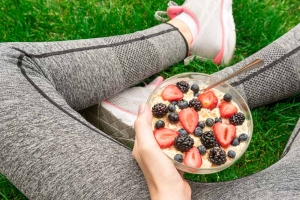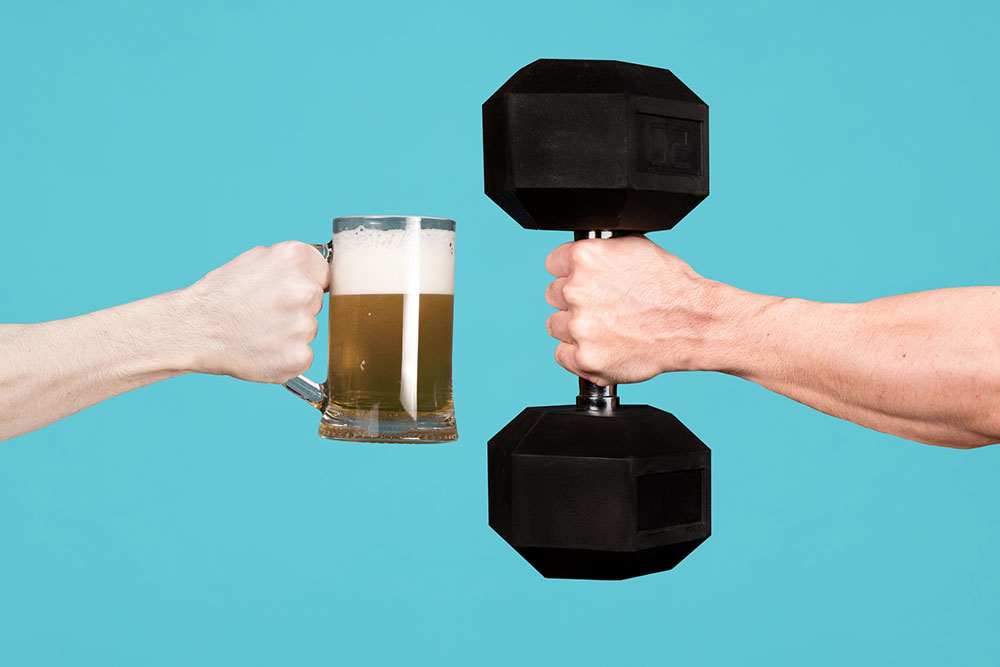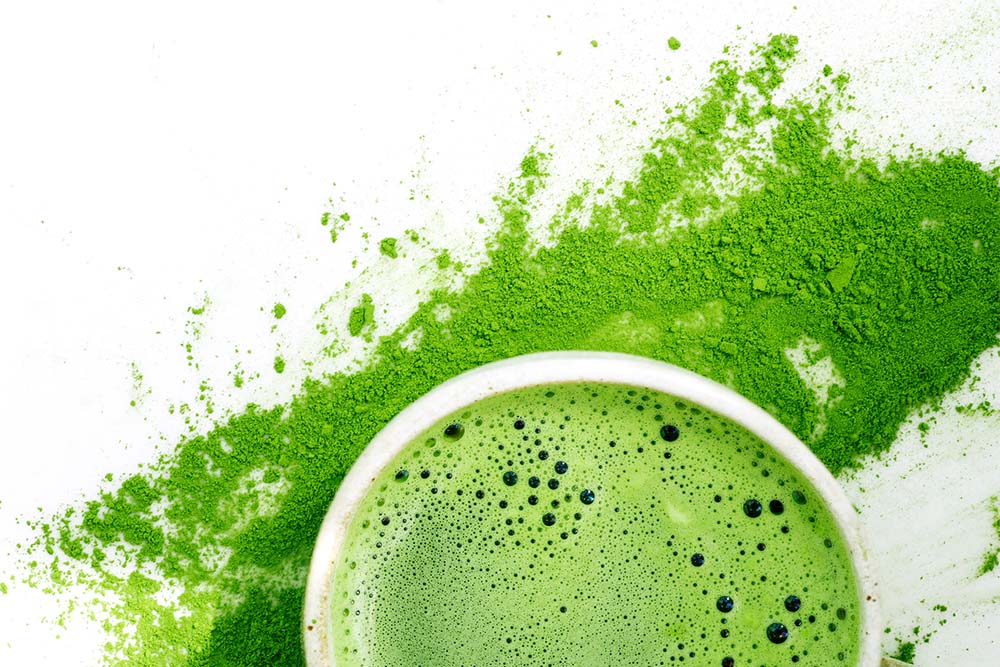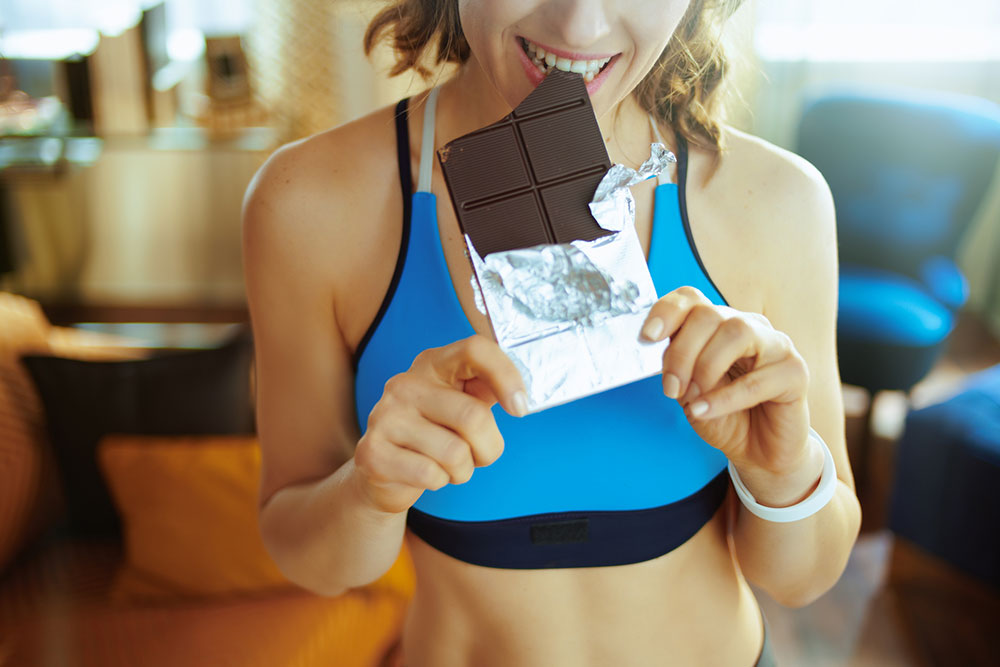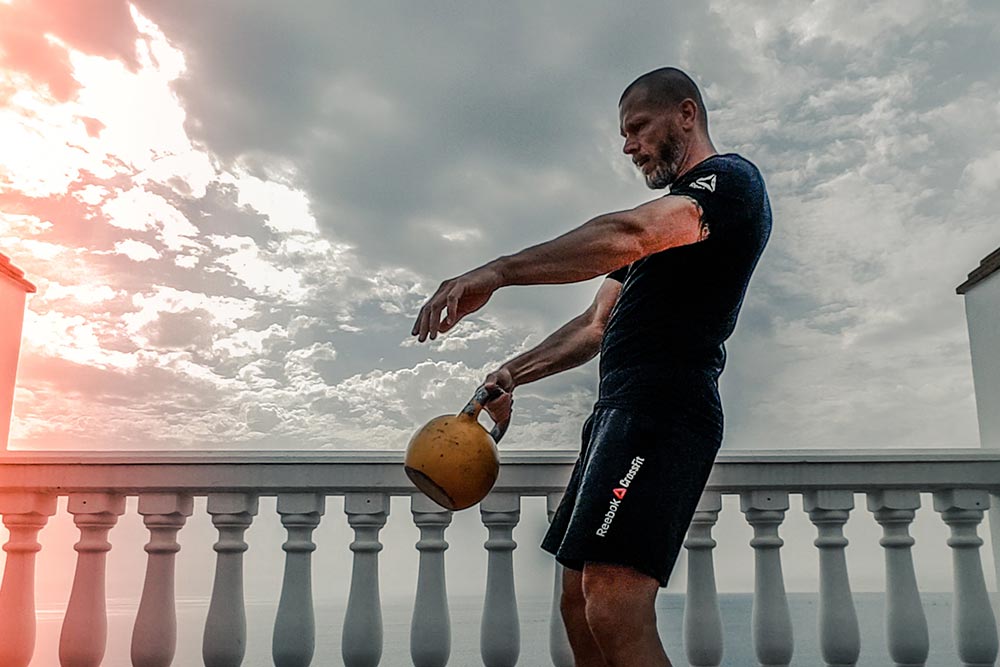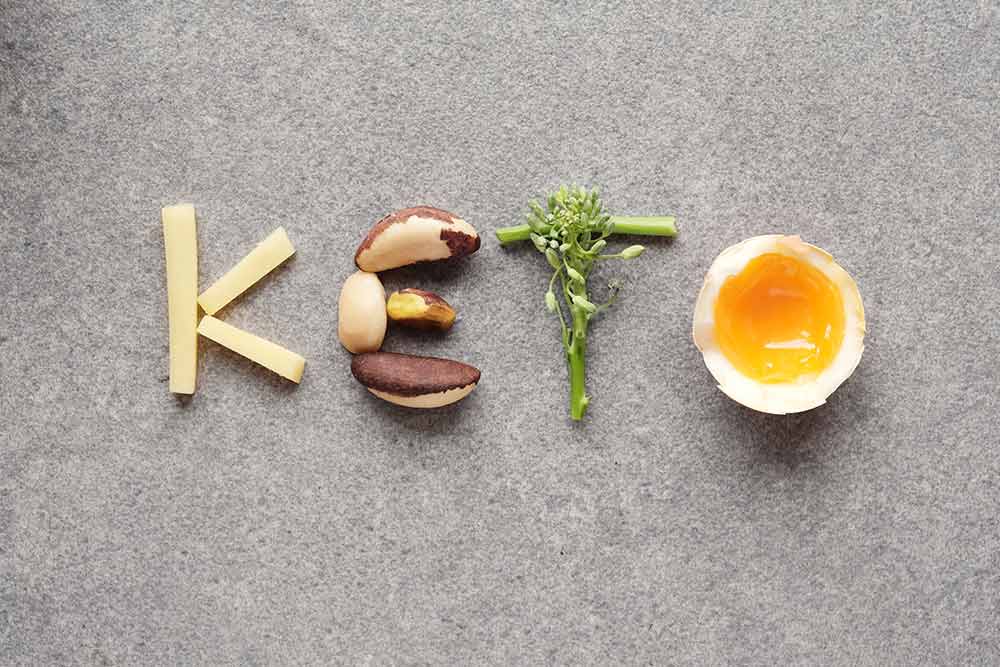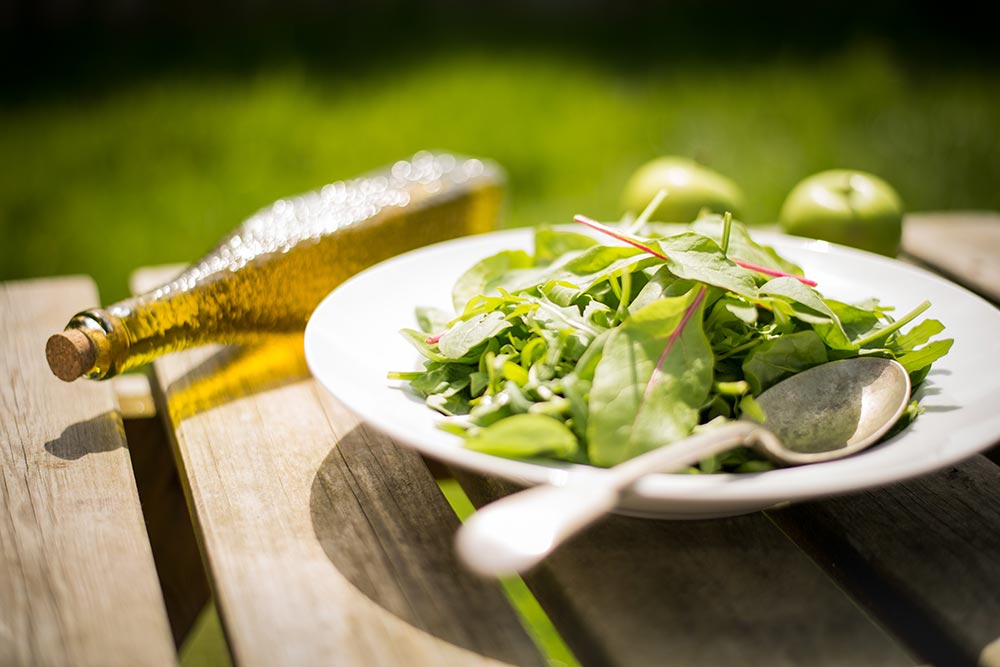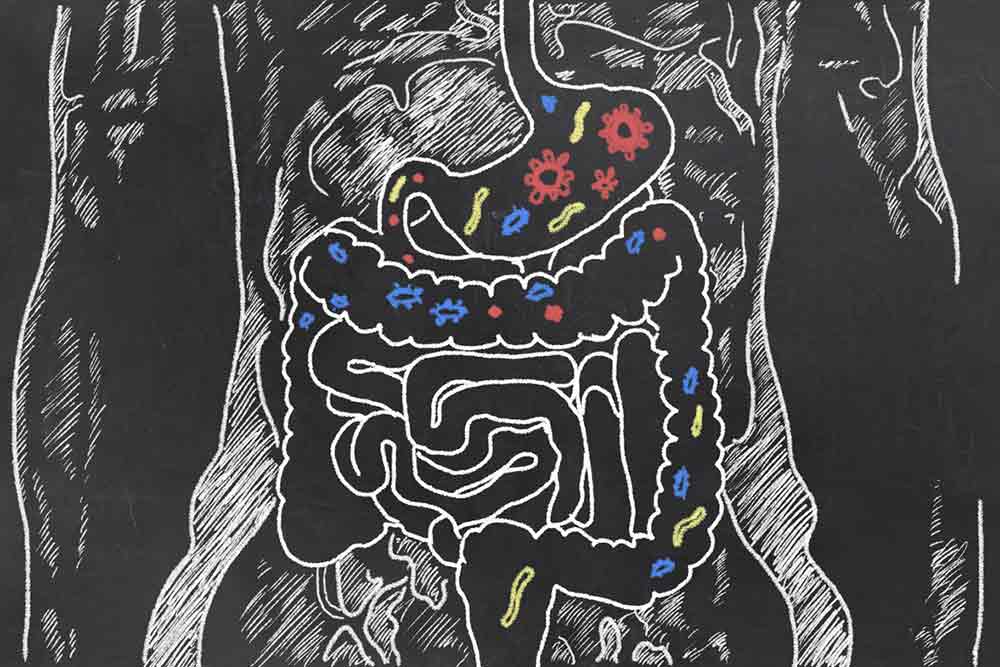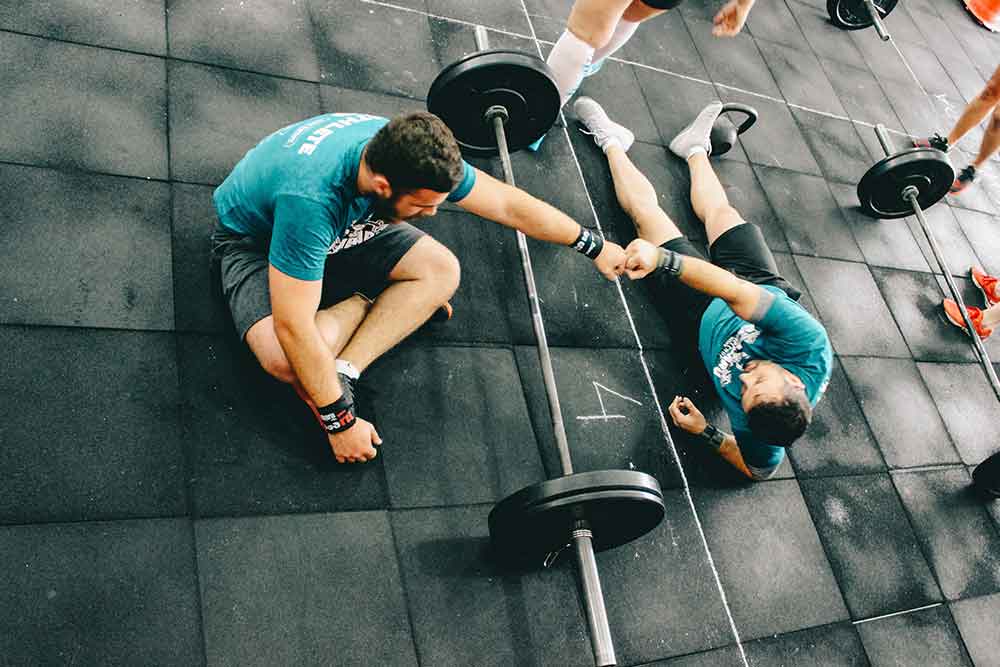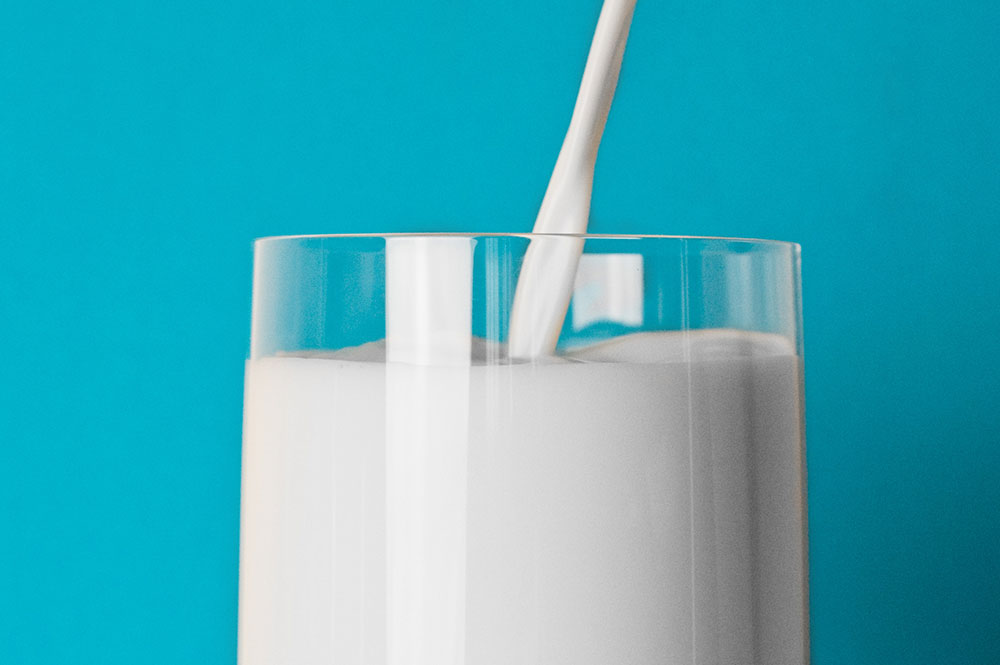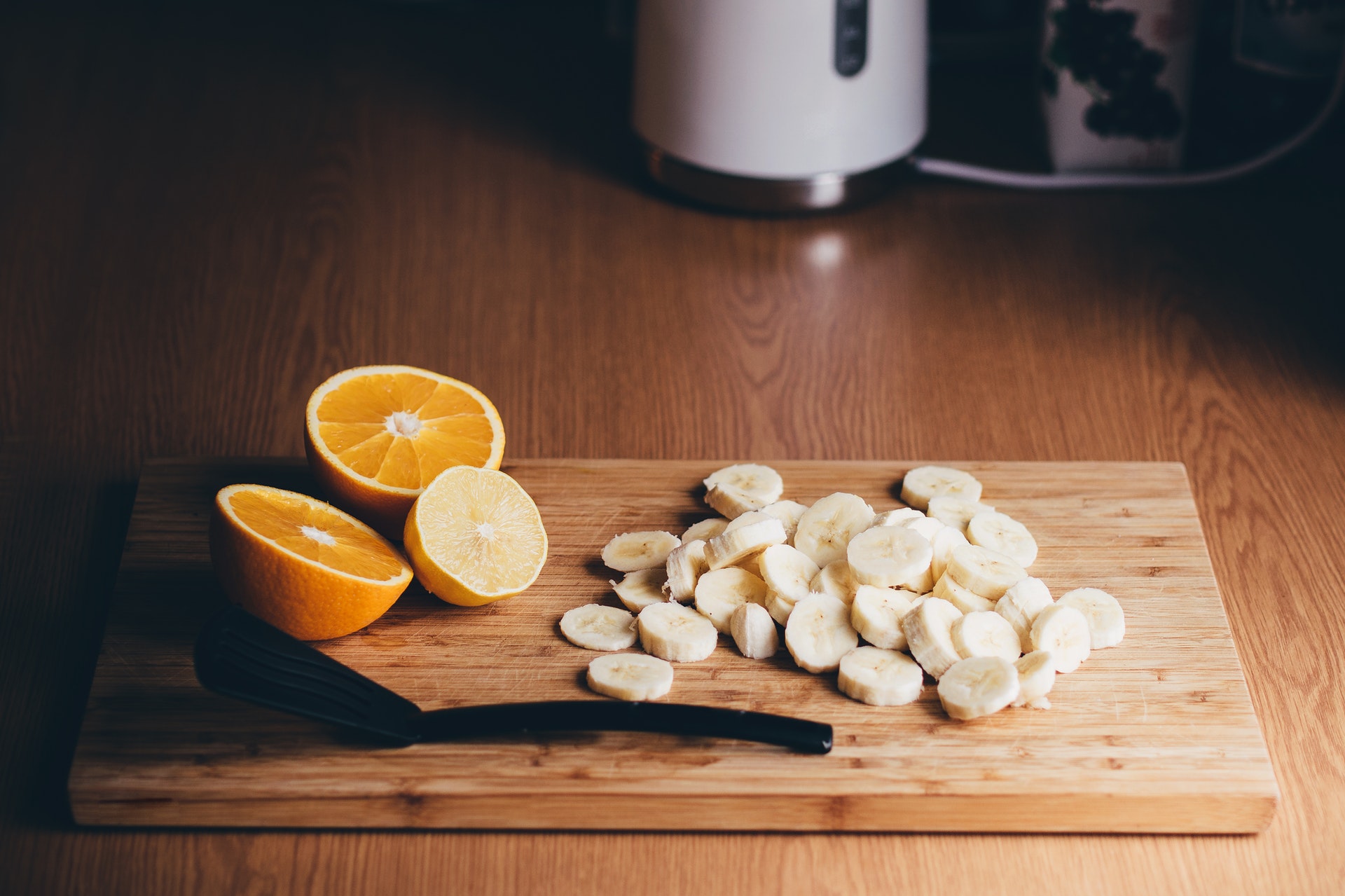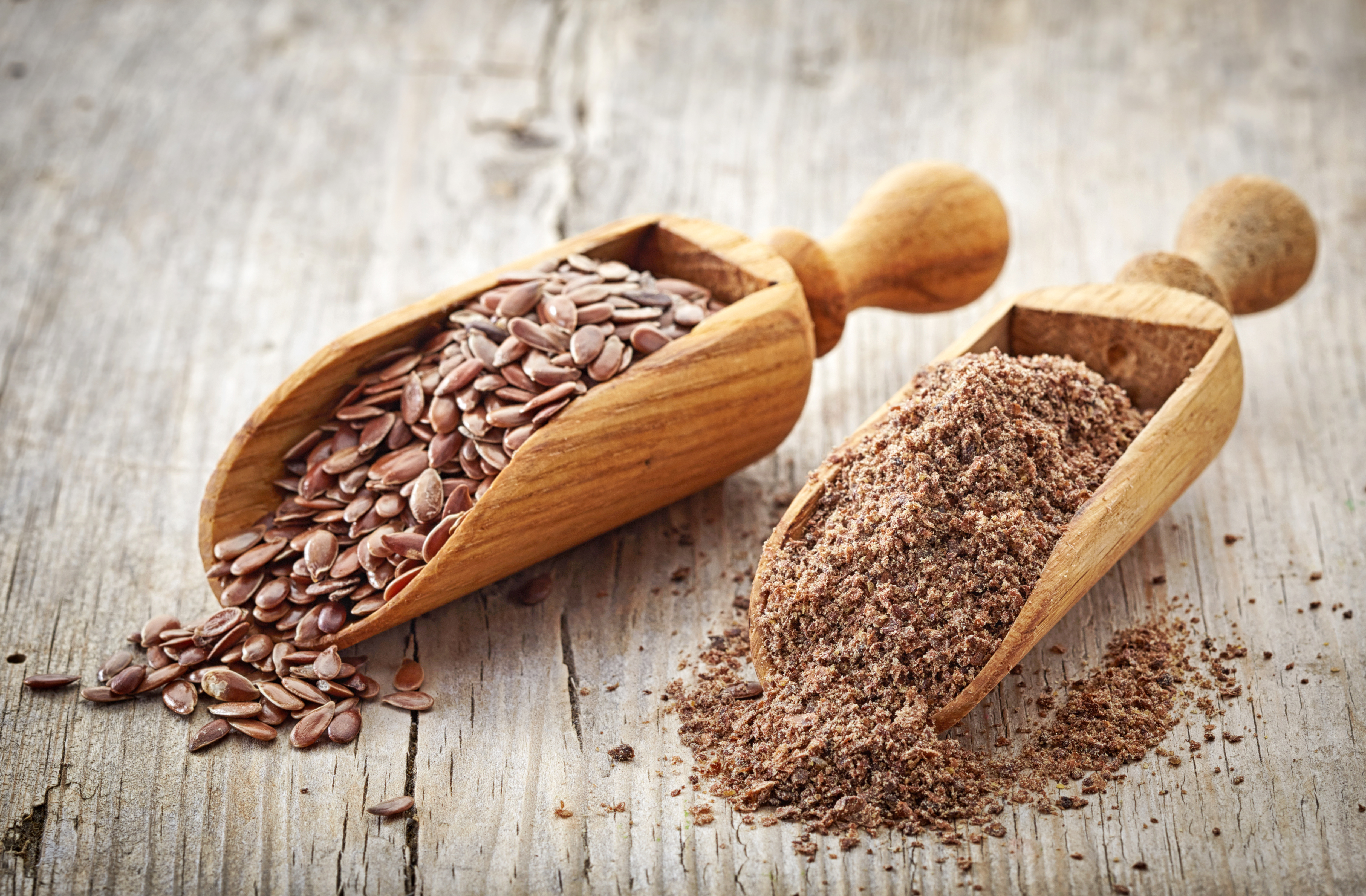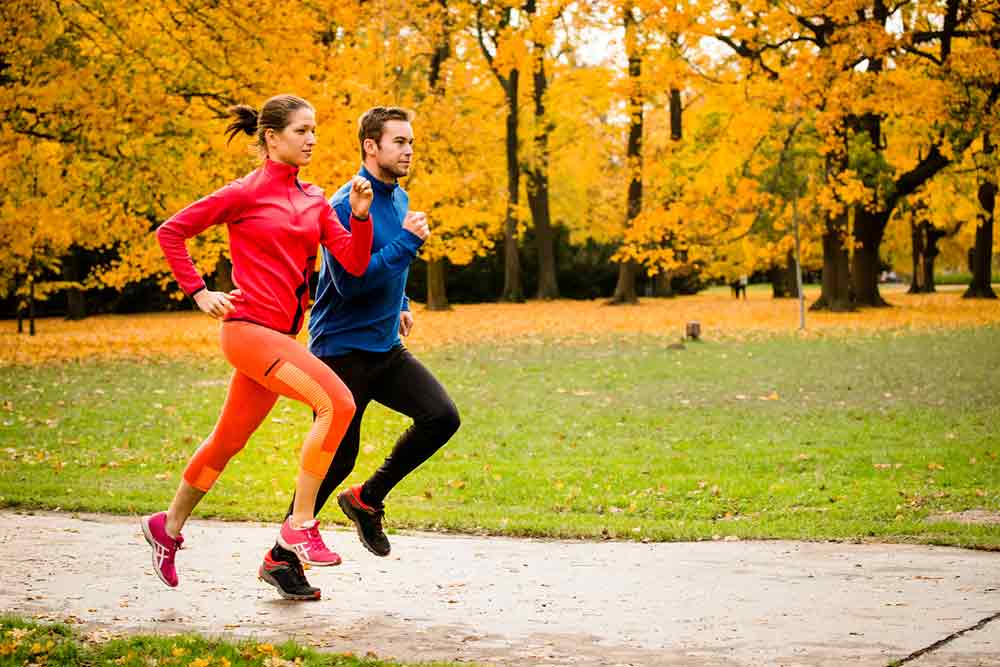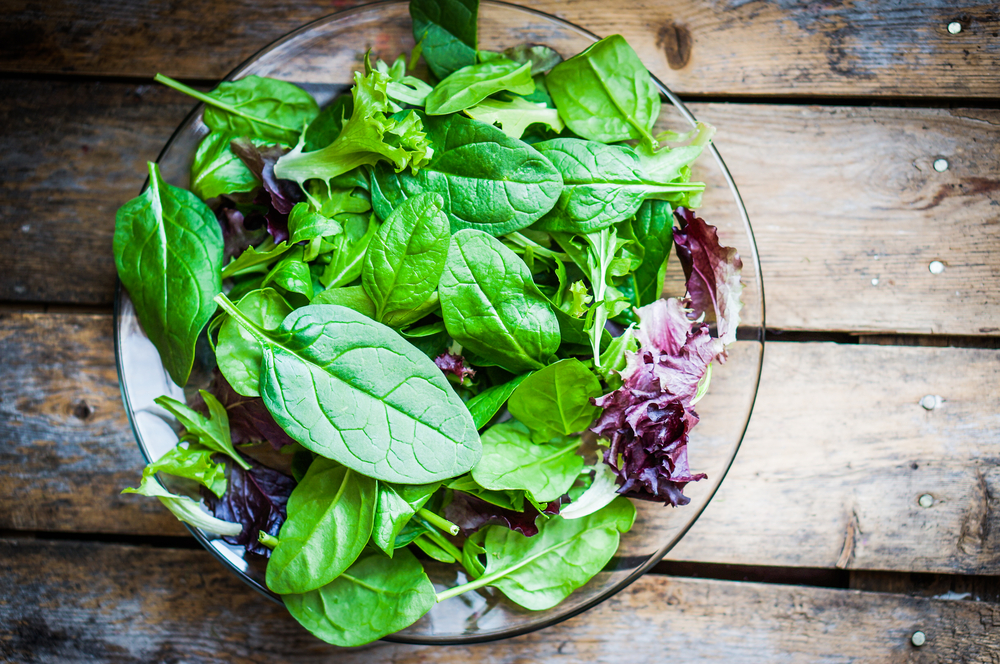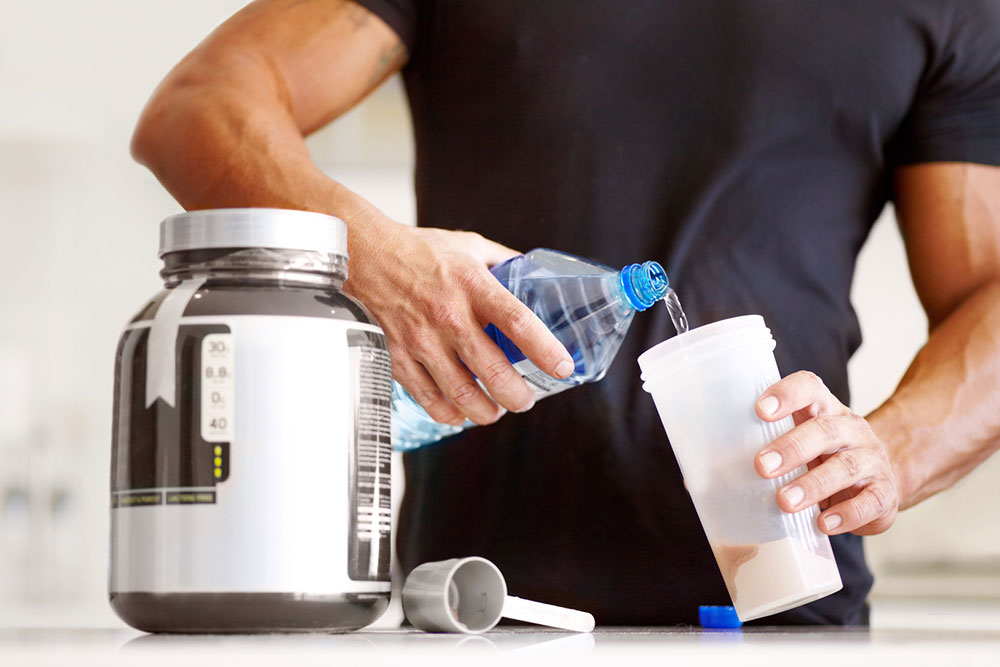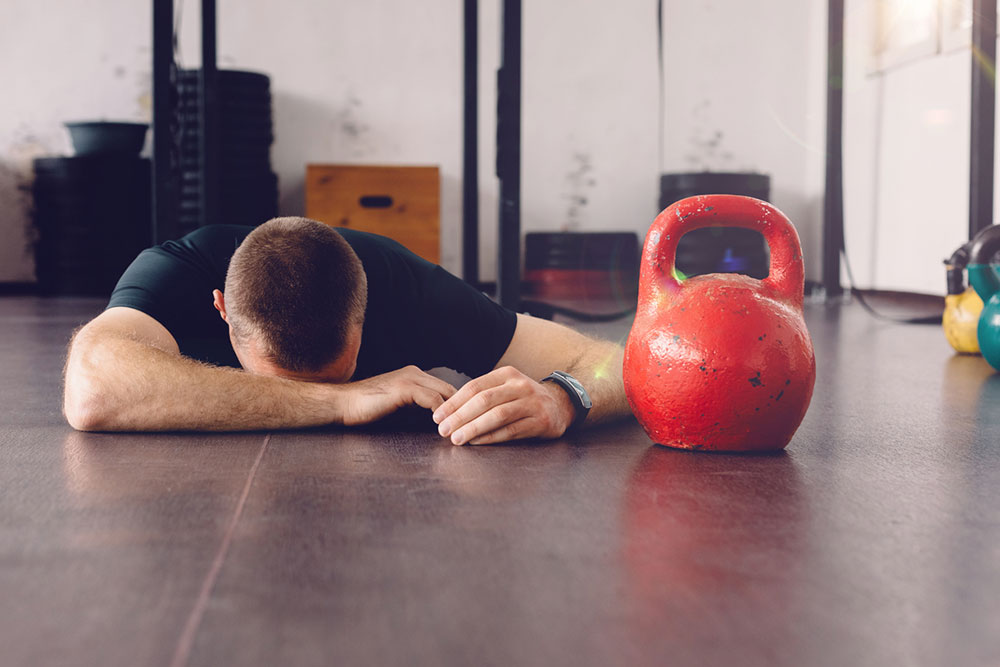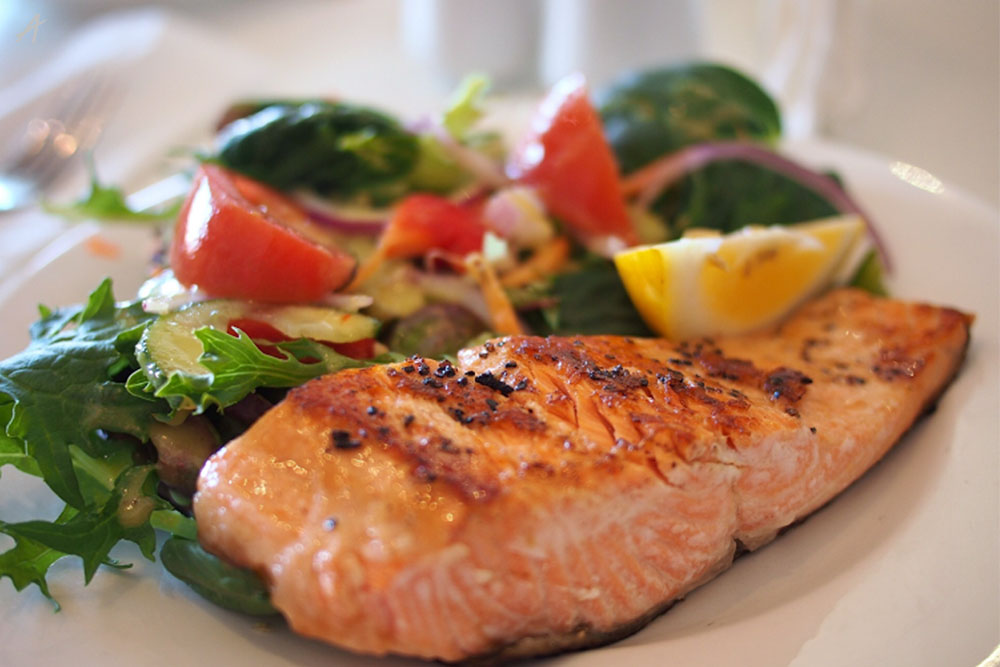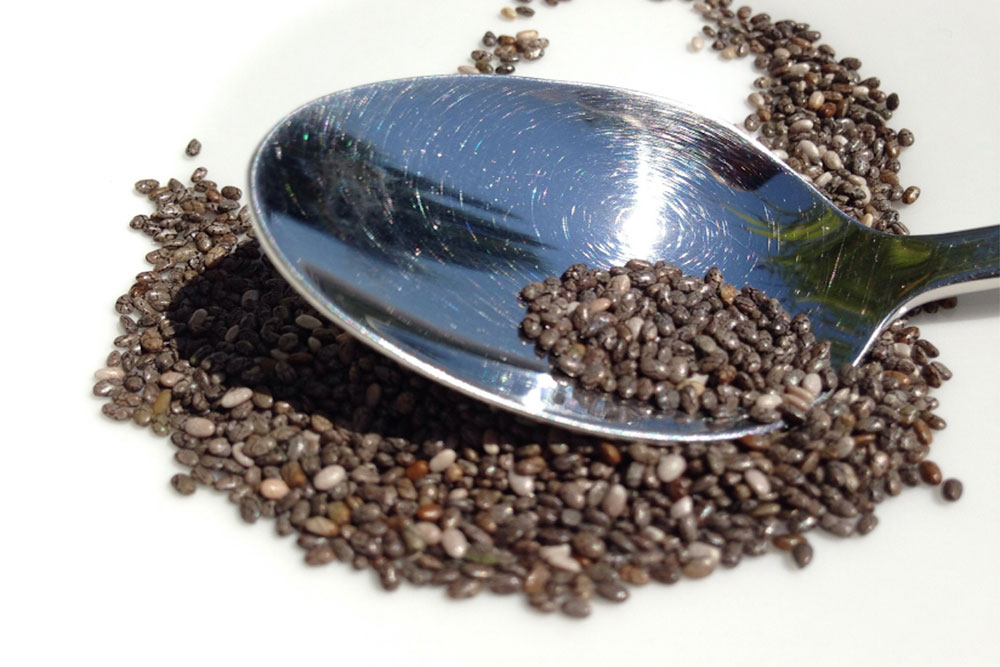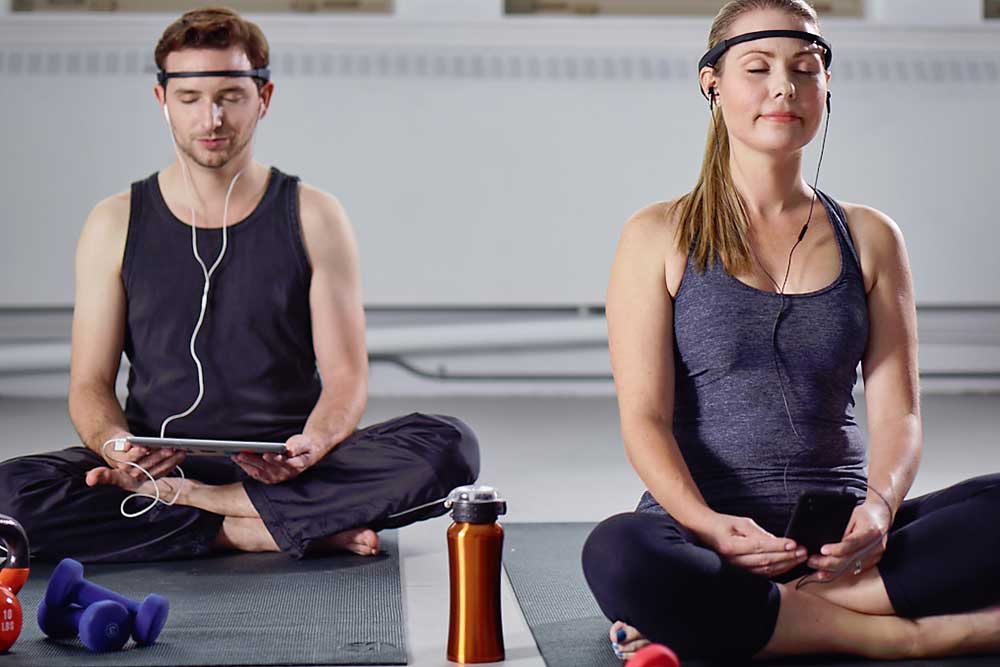The World’s Most Powerful Antioxidant: Glutathione

Over the last couple of years Glutathione has made a bit of splash in the supplement industry, where it has been touted as one of the most powerful products to hit the market in years.
But what it is, how does it work, and what does it do?
What is Glutathione?
Every cell in your body contains glutathione.
It is a type of antioxidant that is produced within your cells. It is predominantly comprised of three individual amino acids, being glutamine, glycine, and cysteine, and it acts to fight oxidative stress and counteract harmful free radicals in your body.
What makes Glutathione markedly different to other antioxidants is that your body has the capacity to produce it – which is why it is essential to health and function.
In fact, some research suggest that your glutathione levels may even impact upon your lifespan.
Interestingly, your glutathione levels can be negatively impacted by numerous lifestyle factors, including poor diet, exposure to environmental toxins, lack of sleep, and the accumulation of life stress.
Its levels also appear to decline with age.
Which is why supplementing with synthetic forms of Glutathione has become such a commonly suggested means of improving health and function.
Glutathione benefits
When it comes to supplementing with glutathione, it can have a myriad of benefits to the human body. However, the most potent appear to be related to:
- Toxin removal
- Brain health
- Exercise capacity
- Sleep
Lets get into these in a bit more detail.
Glutathione and toxins
Glutathione fights against oxidative stress throughout your body. This same oxidative stress has the potential to damage your damage cells and your DNA, leading to a numerous health issues later down the road.
In fact, oxidative stress is associated with cancer, inflammation, brain health, and any other disease you can think of.
Interestingly, this ability to fight against oxidative stress in your liver appears to underpin Glutathione’s capacity to help your body detox harmful compounds.
Glutathione keeps your liver healthy by limiting the oxidative stress that contributes to the onset of liver disease. As a result, it plays an important role in detoxing the liver and protecting its functional capacity (Honda, 2017).
This directly improves your bodies ability to remove harmful toxins, keeping it healthy.
Glutathione and brain health
In addition to reducing oxidative stress, Glutathione also helps mitigate the damage caused by reactive oxygen species – which is particularly important in your brain (Mandal, 2019).
See, reactive oxygen species are generated as a by-product when your brain burns fuel for energy. To maintain its health and function, your brain needs to match this production with an effective rate of detoxification – which glutathione makes possible.
As a result, glutathione has been shown to prevent Alzheimer’s and Parkinson’s disease, while enahcning brain health and general cognitive capacity.
Talk about an effective antioxidant.
Glutathione and exercise
Now, with all this health stuff, I thought it would be important to touch on some of the interesting effects of glutathione on exercise performance.
While the exact mechanisms remain unclear, there is research suggesting that supplementing with glutathione can help stave off the onset of muscular fatigue. This means taking it before exercise may result in your getting more work done, and increase your training adaptations (Aoi, 2015).
It also means that taking it before an event or competition may increase performance – although more research is needed in the area before we can say that with absolute certainty.
Glutathione and sleep
Lastly, there is also some evidence to suggest that people with higher levels of glutathione tend to experience better sleep quality than those who do not. They also seem to have more constant sleep patterns, and a more restful sleep.
This is followed up by some research suggesting that supplementing with glutathione can even improve the sleep quality of individuals suffering from sleep apnea – which is a big deal (Ntalapascha, 2013).
This means that if you are having trouble sleeping, glutathione could be your answer.
Related Article: Best Sleep Aids
How do you know if you are depleted of Glutathione?
With all this in mind, you might be wondering if you need to take glutathione – or more importantly, if there are any ways to tell if you are deficient in this key nutrient.
And fortunately, there are a few signs you can look for:
- Fatigue and lethargy
- Excessive tiredness
- A general of energy
- Unexplained joint and muscle pain
- Brain fog and lack of mental clarity
- Getting sick often (low immunity)
- Difficulty getting to sleep
- Poor sleep quality
While each of these will not definitively indicate you are glutathione deficient, they indicate you very well could be.
What is the best way to get Glutathione?
If you are looking at the above list and thinking that sounds a little bit like you, then you might want to try and increase you glutathione levels – and there are two distinct ways you can go about it.
Firstly, you can try and increase your level naturally.
Secondly, you can try supplements.
In general, I would encourage you try the natural methods first, and then move onto the supplements after. This way you can be sure that you are ‘maxing out’ your natural production before adding in anything extra.
Natural ways to increase glutathione
There are several ways you can boost your glutathione production naturally, which include:
- Eat more cruciferous vegetables: broccoli, brussel sprouts, cauliflower, kale, and watercress are all full to the brim with sulphur, which is used to produce glutathione in the human body.
- Increase your vitamin C intake: Vitamin C is an antioxidant that acts in a similar manner to glutathione, but is generally used up first. As a result, increasing your Vitamin C intake can result in the sparing of glutathione for when it is needed most.
- Eat more Glutathione rich foods: Spinach, avocados, asparagus, and okra are some of the richest dietary sources of glutathione on the planet – all of which can increase your glutathione levels.
- Knuckle down on sleep: getting adequate sleep is key to ensuring maximal glutathione production. So, aim for 8 hours of sleep per night, and reap the antioxidant the rewards.
- Exercise regularly: Research has shown that exercise can increase Glutathione levels in the body. Moreover, it appears that a combination of cardio and weight training is the most effective.
- Avoid excessive alcohol consumption: It should come as no surprise, but excessive alcohol consumption can increase inflammation and reduce glutathione levels – so keep your drinking to a minimum where possible.
If you manage to address each of these lifestyle factors, then you can be sure that you are doing everything you can to boost your natural glutathione levels.
Related Article: Now Is the Time to Reset Your Health
Glutathione Supplements
Now, if you are addressing all the above factors and want to boost your glutathione levels further, you can try a supplement.
However, something you need to know is that not all glutathione supplements are created equal.
See, orally ingested glutathione supplements must pass through the liver before it reaches your bloodstream. Unfortunately, this means that the glutathione will be broken down in the liver, essentially rendering the supplement useless.
In my mind this is one of the biggest glutathione risks – buying a supplement that is completely pointless.
Now, I should note that this does not mean that all glutathione supplements are worthless. In fact, there are several types that have been developed to bypass this limitation.
These include:
- Liposomal supplements
- Sublingual supplements
- Slow release lozenges that dissolve in the mouth
- Inhaled supplements
With this in mind, if you intend to take a supplement, make sure it fits within one of these categories.
Our top pick:
When should you take Glutathione?
So, you want to try a glutathione supplement – but when should you take it?
In short, it does not matter.
The goal of supplementing with glutathione is to saturate your cells with the antioxidant, ensuring you always have adequate amounts available. As a result, if you take it at the same time every day, you will be fine.
And if you were wondering “is Glutathione safe to take every day”, the answer is a resounding, yes.
Take Home Message
Glutathione is arguably one of the most potent antioxidant supplements on the planet. With importance for sleep, detoxification, and brain health, while also having positive implications for exercise performance, its benefits are unbound.
References
Honda, Yasushi, et al. “Efficacy of glutathione for the treatment of nonalcoholic fatty liver disease: an open-label, single-arm, multicenter, pilot study.” BMC gastroenterology 17.1 (2017): 96.
Mandal, Pravat K., et al. “Cognitive improvement with glutathione supplement in Alzheimer’s disease: A way forward.” Journal of Alzheimer’s Disease 68.2 (2019): 531-535.
Aoi, Wataru, et al. “Glutathione supplementation suppresses muscle fatigue induced by prolonged exercise via improved aerobic metabolism.” Journal of the International Society of Sports Nutrition 12.1 (2015): 1-8.
Ntalapascha, Melpomeni, et al. “Oxidative stress in patients with obstructive sleep apnea syndrome.” Sleep and Breathing 17.2 (2013): 549-555.
You Might Like:



